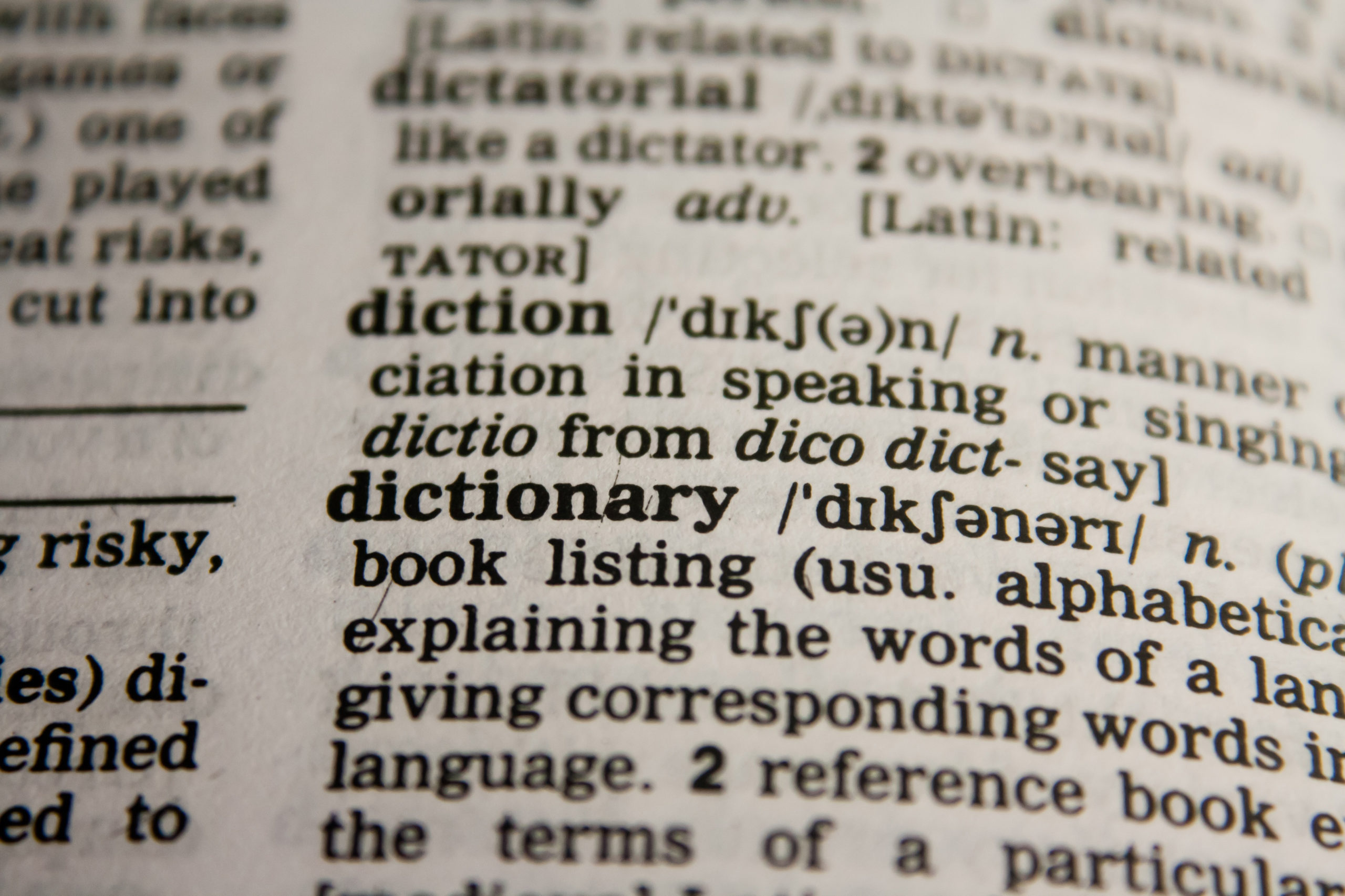As you’re considering whether to purchase a franchise, you may run into a lot of unfamiliar terms. This blog post is the second in a series of handy glossaries to help you understand some of the most common business and finance terms you might encounter.
B2B/B2C
B2B stands for business-to-business. It refers to businesses that sell products or services to other businesses. B2C stands for business-to-consumer. It refers to (you guessed it) businesses that sell products or services to individual consumers or households. Some franchises are a blend of B2B and B2C. For instance, a cleaning franchise might clean both private homes (B2C) and office buildings (B2B).
Break-Even Point
Most businesses lose money when they first get off the ground. The break-even point is the amount of revenue you need to make to stop losing money. For instance, if your franchise has expenses of $10,000/month, your break-even point is $10,000/month in revenue. How long it takes to reach break-even varies from franchise to franchise.
Brick-and-Mortar
A brick-and-mortar franchise is one that operates primarily from a physical storefront. Fitness studios, car-repair shops, and restaurants are all examples of brick-and-mortar franchises. Some brick-and-mortar franchises, such as retail stores, may also allow customers to purchase products through a website.
Due Diligence
In the franchise world, due diligence is a specific stage in the process of purchasing a franchise. During this stage, you and the franchisor carefully evaluate each other’s financial and operational information before finalizing the transaction. The franchisor wants to make sure you actually have the money and business plan to be successful, and you want to make sure the franchisor is financially healthy and will provide you with sufficient support. Since due diligence usually requires the disclosure of confidential information, you should expect to sign an NDA before beginning the process.
NDA
NDA stands for non-disclosure agreement. When you sign an NDA, you agree not to reveal or misuse any confidential information the other party discloses to you. Protected information usually includes details such as product ideas, business processes, financial statements, and client lists. Make sure that any NDA you sign is mutual. This means that it protects your confidential information as well as the other party’s.
P&L
A P&L, or profit and loss statement, provides a summary of a business’s expenses and revenue from a specific period. The P&L is a key tool for monitoring the financial health of a business. As a franchisee, you’ll need to maintain your business’s P&L and review it regularly, or pay an accountant to maintain it for you.
Profit
Profit is the money left over after all your franchise expenses are paid. It sounds straightforward, but there are actually different types of profit. One type of profit is EBITDA-positive. This means you have money left over before factoring in business debt, taxes, and the purchase of certain types of assets. The other type of profit–the kind every business owner wants to achieve–is free cashflow. This means that you have money left over after every single expense is accounted for. If you’re a franchisee, you can reinvest that money in your business, or it can become part of your personal wealth.
Revenue
Revenue is the money your customers pay you for goods and services. When you have more revenue than expenses, your business is profitable.
Small Business Administration
The Small Business Administration, or SBA, is a federal agency that exists to support the creation and success of small businesses. Among other services, the SBA provides educational resources and low-cost business loans for entrepreneurs. It’s a terrific resources for franchisees, especially those who are new to entrepreneurship or have less cash to invest.
Working Capital/Operating Capital
Working capital or operating capital is the amount of money you have available to operate your business on a day-to-day basis. It’s calculated by subtracting your liabilities (such as debts or required expenses) from your assets (such as the cash you have on hand or the value of your franchise’s equipment and real estate). If you have plenty of working capital available, your franchise will be better able to survive downturns. However, if you set aside too much money for working capital, it won’t be available for growing your franchise.
This Franchise Glossary can give you a basic understanding of the most common terms you may encounter during the process of researching or launching a franchise. Working with a consultant can provide you with a more in-depth understanding of how these concepts work. If you’re ready to learn more, schedule a free consultation with me–I’ll be glad to help!

No responses yet